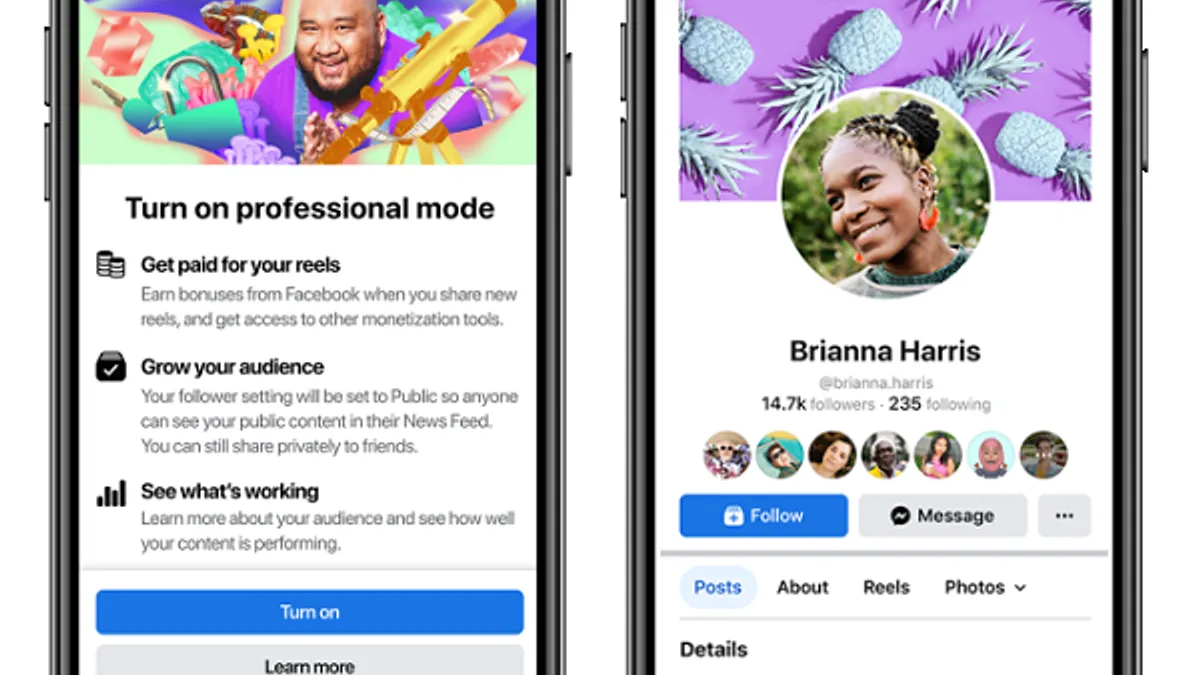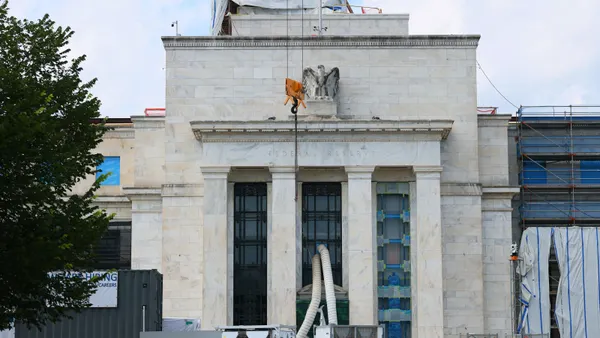The Electronic Transactions Association (ETA), a trade group representing tech companies — including five giants under investigation by the Consumer Financial Protection Board (CFPB) — today raised questions about the scope of the agency's inquiry ordered in October by Director Rohit Chopra.
The CFPB has ordered Google, Apple, Facebook, Amazon, Square and PayPal to provide detailed information about their "products, plans, and practices." The agency also plans to study the payments businesses of Chinese tech companies, including WeChat Pay and Alipay.
Responses from the companies were due to the CFPB on Dec. 15, but their input to the bureau hasn't been made public. It could have asked for the information to be provided voluntarily but chose not to. The companies didn't immediately respond to a request for comment about their responses to the agency.
The ETA, which counts all of the companies as members except Facebook, said it's "concerned" about the "breadth of the Bureau’s orders," which it noted were issued under the CFPB's authority to monitor marketing. “The Bureau’s requests for information should be narrowly tailored," the ETA said in its Dec. 21 letter.
"If the Bureau seeks to more generally obtain information from market participants, as noted above, it has other tools at its disposal," the letter said. "We, therefore, encourage the Bureau to provide the public with additional explanations for how the information requested fits within the Bureau’s (authority).”
The ETA, which has about 500 members in total, argues that the CFPB “is requesting an enormous amount of information that will likely require the recipients to spend significant amounts of time and financial resources in gathering, reviewing, and producing materials. Given that the Bureau’s information gathering authority is limited, it is reasonable for the Bureau to take a more flexible approach when setting deadlines."
The CFPB investigation comes as the payments industry is enjoying a boom thanks partly to the coronavirus pandemic that has boosted e-commerce and online payments. Consumers and businesses spend nearly $10 trillion annually on payments, the letter noted. About 270,000 transactions per minute are processed over an infrastructure the ETA calls "sophisticated, secure and fast."
"Indeed, consumers continue to choose electronic payments over cash and checks because of the fraud liability protections afforded by electronic payments," the ETA said. "The payments industry has done a remarkable job in developing cutting-edge products that pair enhanced customer experience with robust security measures to help consumers connect with merchants, make payments, and move money."
Critics of the tech industry, not surprisingly, see things differently.
They argue the CFPB needs to protect consumers from big technology companies eager to make inroads in the payments processing business, and that some of those new tech entrants have been able to avoid regulations that financial services companies have to follow.
The American Bankers Association (ABA) and the Consumer Bankers Association (CBA) called on the CFPB in a joint Dec. 7 letter to “ensure consumer protections are applied consistently to all companies offering payments products and financial services, including big tech.”
Another bankers’ group, Independent Community Bankers of America, called on the CFPB to expand its investigation to include data aggregators, which it notes serve as middlemen between consumers and financial technology companies.
The ETA counters that it takes security seriously.
"In addition to fraud liability protection, the payments industry has taken the lead in developing additional fraud mitigation and data security protection best practices," the ETA said. "While payments are heavily regulated, when looking across the entire payments landscape and comparing it to the broader financial services industry, there may be differences in the application of existing laws and regulations across industry players."













